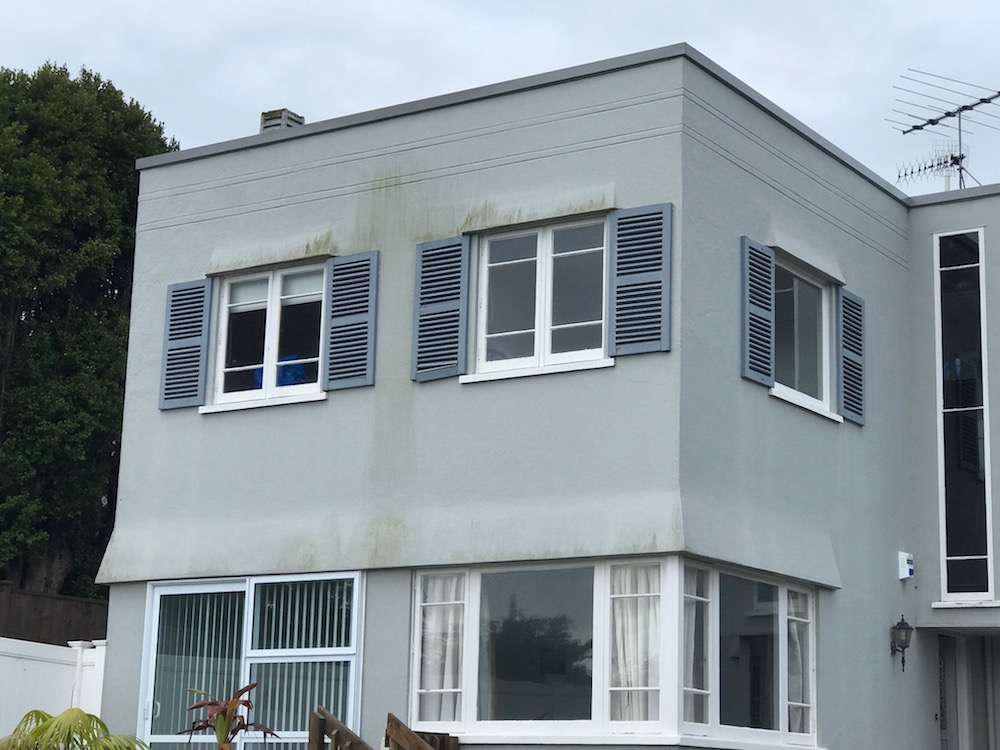It’s time for us all to have a say in helping to make better rental places to live, by commenting on proposed changes the the Residential Tenancies Act 1986.
I’m used to criticising government housing policies. I often state my case that our building code is woefully inadequate, I berate the state of our existing housing stock and I anguish over the high incidence of respiratory illness we have in New Zealand.
This week I was pleasantly surprised by some of the comments I heard from Hon Phil Twyford. It sounds as though he’s going to take action to balance the residential rental property market.
Sure, Andrew King came out swinging in defence of landlords. He always does, because that’s his job. But before I could start shouting my counter arguments at the radio, there was the Minister for Housing stating quite clearly that it’s time to listen to both landlords and tenants.
Who Represents Tenants?
Landlords have the New Zealand Property Investors Federation, and multiple other support networks including private companies to ‘coach’ investors on how to buy property. But who, other than John Campbell, goes into bat for tenants?
Auckland has ADCOSS. Christchurch has TPA. There is also, MBIE’s own Tenancy Services. All, I suspect, far less funded and resourced than NZPIF.
What is ‘Insanitary’?
New Zealand already has a number laws that theoretically protect people in houses against ‘insanitary conditions’. Why are these laws hardly ever invoked? I think it’s due to vagueness and fear.
The term ‘insanitary’ conjures up all sorts of images and I think most of us know it when we see it. But it’s not very clearly defined.
What exactly is adequate heating, adequate ventilation?
How much mould is too much mould, and who’s fault is it that the mould is there?
Fear of Rental Termination
When I was working with team at He Kainga Oranga on the Rental Warrant of Fitness scheme, I heard about the reluctance of many tenants to report issues to anyone, or raise problems with their landlords. Apparently many tenants would rather just put up with a sub-standard house, than risk being told to leave if they make a fuss. In such an unregulated and undersupplied market, there are plenty more willing tenants to move in and pay the rent.
Headline features of Phil Twyford’s proposed changes to the Residential Tenancies Act 1986 include;
- substituting the ability for landlords to terminate tenancies for any reason with specific and justifiable criteria for ending a tenancy
- setting the amount of notice a landlord needs to give to terminate a tenancy to 90 days under all circumstances…
Combined with new tools for enforcement of standards, I think these are positive steps to improve the balance.
Landlord Tenant Relationship
Call me naive, but I’d like to think that landlords and tenants can have a positive business relationship. In sales speak, tenants are not customers, they’re clients. Serving clients well (keeping them safe and warm in this case), makes good business sense.
Of course the media loves a good story, and a good story requires a villain. I don’t believe that landlords are villains. I also don’t believe that landlord-tenant interactions need to be an ‘us vs them’, zero-sum game. Tenants benefit from being provided with good housing, and landlords benefit from having good tenants.
Regardless of where you stand, MBIE have now given us all the opportunity to contribute to making a better place to live, for someone.
Have Your Say
MBIE is now consulting on Reform of the Residential Tenancies Act 1986. I encourage you to have your say and help improve the standard of our housing stock, and the health of New Zealanders.

Leave a Reply